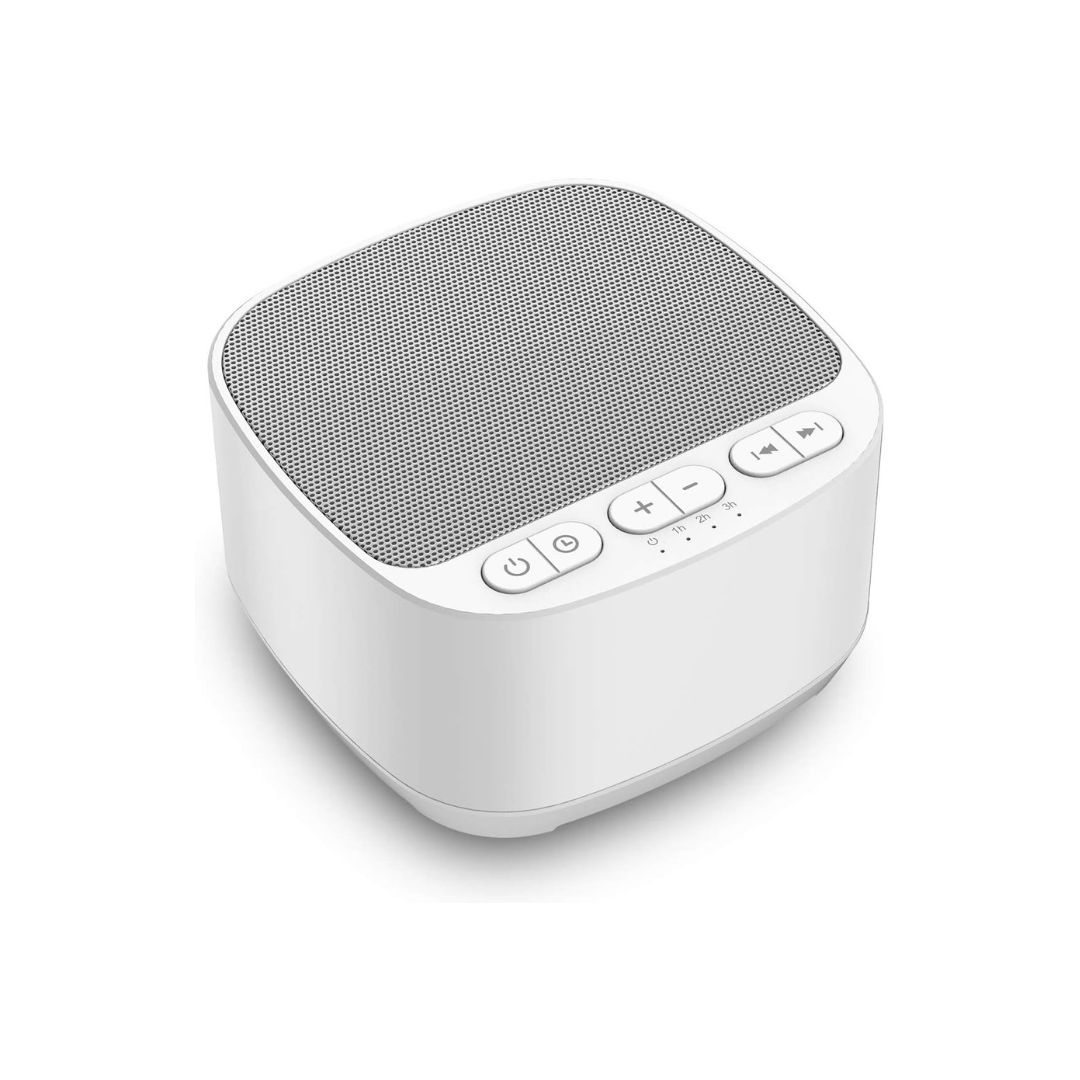I'm a sleep and body clock scientist - these are the only things that work to definitively beat jet lag
Bookmark this one for later.

Knowing how to beat jet lag can often feel like a minefield. You've been planning a trip for months, sometimes even years, only to arrive feeling lethargic, fatigued, and generally low mood.
While jet lag is totally normal and happens to the best of us, it can be annoying - which is why we've picked the brains of Dr. Kat Lederle, a sleep and body clock scientist and expert on all things jet lag.
Feel like you've noticed the physical and mental impact when you've flown long distances but never really understood what jet lag actually is or why it happens? In short, it's your body’s desynchronisation with the external day due to travel across time zones, according to Dr. Lederle. "Your body has its own internal clock which sits in a small area in your brain," she shares. "This body clock keeps track of time and then passes this information on to the rest of your body to indicate to your organs what to do or not do."
When you travel across time zones, the time changes - sometimes quite drastically. "Internally, your body clock is still on home time," the expert goes on. This results in a circadian misalignment between your body’s time and what it is ready to do and the external time and what it demands of your body.
Rest assured that your clock can and will adapt to the new time zone, but it'll likely take a few days - not ideal if you've only got a few days in said destination.
So, how does jet lag manifest physically? "Problems sleeping, fatigue, gastrointestinal problems, loss of appetite, reduced alertness and mood swings are all common," shares the expert.
Below, she shares her top tips for how to beat jet lag and its not-so-ideal side effects every time you fly. Read our handy explainers on how to improve sleep and edit of the best sleep masks, while you're at it.
Marie Claire Newsletter
Celebrity news, beauty, fashion advice, and fascinating features, delivered straight to your inbox!
How to beat jet lag: 5 simple steps
1. Start to shift your body clock early
As above, Dr. Lederle shares that jet lag is simply the result of a desynchronisation of your body clock and the external time.
The main intervention, she shares, will both address this and minimise it. How? Well, the simplest way to do so it to start to shift your body clock in the days before you board the plane.
Try this: To do that, shift your sleep times, mealtimes and light exposure, the expert recommends. "If you're travelling East, go to bed and get up earlier and expose yourself to morning light while dimming the lights earlier in the evening. If you're travelling West, go to bed and get up later, eat later, and go outside later."
2. Stick to local timings
You'll likely have heard this one, but it's key to getting yourself used to the time wherever you end up.
"When you arrive, try to do what the locals do – for example, if it's bedtime in your new place, go to bed," recommends the expert. That said, don’t force yourself to sleep - rather, allow your body to rest.
She also recommends staying awake if it's daytime when you arrive at your destination. However, top tip: be mindful of being in bright light as this can have a negative impact on your sleep.
Be aware that however hard you try, your inner clock will still be on UK time for the first few days. "You need to consider what time of day it is at home and thus internally as well as what time is is wherever you travel," she goes on.
3. Get moving
Many people swear by the benefits of exercise for helping them to shake the fatigue that comes with jet lag, but Dr. Lederle warns there isn't enough scientific evidence to confirm this as of yet.
Nevertheless, she recommends mindful movement, particularly if you can exercise outside. "Do consider the timing of your exercise, though, and what time it is back home. This could impact the phase shift of your body clock," she warns.
4. Up your intake of nutrient-dense foods
While what you eat won't shift your internal body clock, diet may play a part in helping ease unwanted gastrointestinal symptoms, she goes on.
Jo Woodhurst, Head of Nutrition at Ancient + Brave, agrees, adding that making sure you have nutrient-dense snacks for the plane, like nuts, seeds, vegetable sticks and oat cakes, is key to minimising your risk of bloating or an upset stomach. Her advice? "Make sure to plan ahead and bring some of your own carry-on snacks."
5. Supplement melatonin
Last but by no means least, Dr. Lederle recommends supplementing melatonin if you really struggle to sleep when you arrive at your destination.
As the National Centre for Complementary and Integrative Health reports, studies have shown that melatonin can improve both the time it takes you to get to asleep and the total number of hours you sleep for.
"Timed melatonin can help but it needs to be high quality," she stresses.
Shop MC's go-to sleep aids now:

Meditation teacher Ciara McGinley swears by this white noise machine for helping her drift off. Research has proven that white noise machines or apps can effectively improve sleep I rate the Magicteam White Noise Machine, which has 40 natural, soothing sounds and 32 different volume levels. If you'd rather use an app to simulate the experience from your smartphone, you can't go wrong with Bedtime Fan.

Keen to calm your mind before a soothing night's sleep? NEOM products are made from 100% natural and ethically sourced ingredients right here in the UK. This calming formula is my favourite, and combines sleep-inducing essential oils, including lavender, sweet basil and jasmine.
How long does it take to get over jet lag?
While there are various theories on how long it actually takes for your body to get over jet lag, the general consensus is that it takes a day for every time zone you cross.
Take the journey from London to New York, for example. This flight crosses five time zones and so should take you around five days to acclimatise.

Ally Head is Marie Claire UK's Senior Health and Sustainability Editor, nine-time marathoner, and Boston Qualifying runner. Day-to-day, she heads up all strategy for her pillars, working across commissioning, features, and e-commerce, reporting on the latest health updates, writing the must-read wellness content, and rounding up the genuinely sustainable and squat-proof gym leggings worth *adding to basket*. She also spearheads the brand's annual Women in Sport covers, interviewing and shooting the likes of Mary Earps, Millie Bright, Daryll Neita, and Lavaia Nielsen. She's won a BSME for her sustainability work, regularly hosts panels and presents for events like the Sustainability Awards, and is a stickler for a strong stat, too, seeing over nine million total impressions on the January 2023 Wellness Issue she oversaw. Follow Ally on Instagram for more or get in touch.



